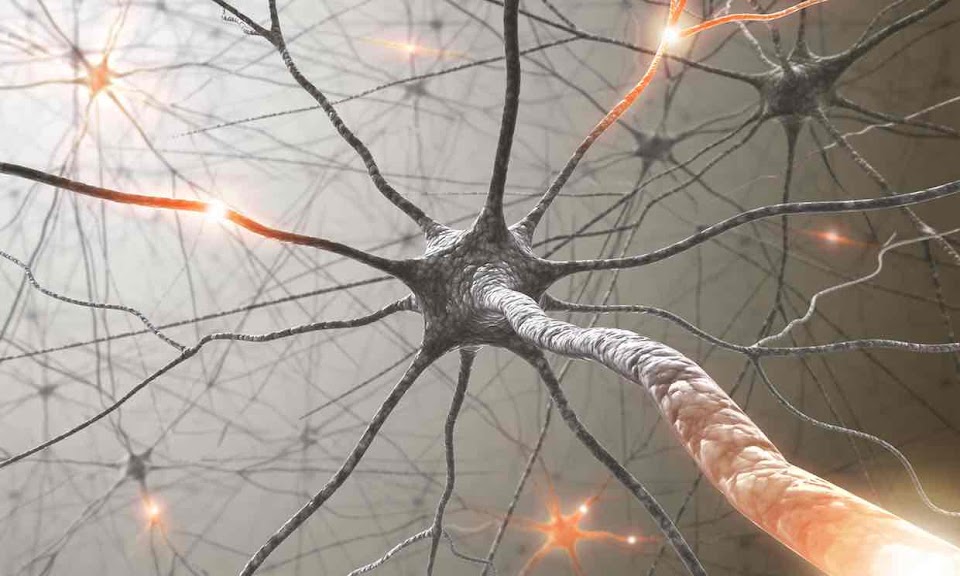November 11, 2012
By the time you are reading this article the Election will be over and it will be time to step back and view the events from a longer and more objective perspective. During the runup to it, Ron Jackson (Essex County Republican Committee Chairperson) wrote a letter to the editor (10/16/2012) which listed a litany of reasons to vote against the democratic incumbent , Bill Owens. Included in the list was the claim that Owens “co-sponsored the SOPA bill to allow the government to take away your Internet freedoms without any due process of law”. Jackson ends his letter with the admonition: “He (Owens) can’t be trusted.”
I was puzzled on two accounts: first, I remember reading about SOPA but couldn’t remember exactly what it was about let alone what the acronym stood for; second, I knew Owens personally, as he helped my wife and I draw up some legal documents in the past and I recall that he was a compassionate and competent lawyer. So I did what everyone else does when confronted with a problem: I googled it (I know, I know, the Google Corporation doesn’t like it when a citizen uses their name as a common noun or verb because it degrades the patent on their good name but that is their problem and not mine --- I should be so successful that my name becomes a verb).
Anyway, I found out that SOPA unpacks to “Stop Online Piracy Act” and that like any complicated piece of legislation it contains many complex interacting parts due to the compromises that must be made during any effective political process. It was introduced in the House of Representatives on Oct 26, 2011 by Lamar Smith (R-TX) with bipartisan support and its intent is to strengthen the Digital Millenium Copyright Act (DMCA) by making it easier to prosecute online lawbreakers who violate intellectual property copyrights (e.g. music, video) as well as counterfeit products. Naturally there are pros and cons to the passage of any new law and this is no exception.
On the negative side, it would force Internet Service Providers to block the sites of copyright violators and even stop search engines like Bing and Google from displaying them in their search results. Most internet users are opposed to SOPA ( as well as the ACLU, Google and Facebook) as it will limit their free access to information, They claim that the law is overly broad and will be nearly impossible to enforce as pirates, when closed down, usually pop up again somewhere else on the web --- usually offshore the US (as pirates are wont to do)
Those arguing for SOPA including the AFL-CIO and the US Chamber of Commerce (politics does indeed make for strange bedfellows) point out that jobs depend on commerce and that commerce depends on copyrights, patents and trademarks. Also, as expected, the large internet music, movie and video vendors support the legislation.
As of now, the legislation has been tabled but expect it back in a new form as it seems to be a very effective fund raiser for both sides.
For quick incomplete description of SOPA visit: http://www.emedialaw.com/sopa-the-debate-in-plain-english/
For a longer more complete treatment of what everyone seems to agree is a very complicated issue see: http://en.wikipedia.org/wiki/Stop_Online_Piracy_Act#cite_note-washingtonpost-4
What I cannot understand is why Jackson is so vociferously against Owens --- according to govtrack.us Owens is a centrist whose voting record places him smack dab in the middle of the ideology scale (in fact Obama and Owens disagree on SOPA). So Jackson’s claim was either oversimplified or simply not the whole truth. Is not telling the whole truth equivalent to a lie? I’m not sure but I do know that when someone dissembles in this manner, I am much less likely to swallow any other claims he has made. It’s really too bad that so many politicians on both sides of the aisle use this tactic to discredit their opponents --- at best it destroys our trust in the person and at it’s worst it undermines our democracy. It’s easy to understand why little kids tell lies and half-truths to get their way, it’s much harder to explain in adults.

No comments:
Post a Comment